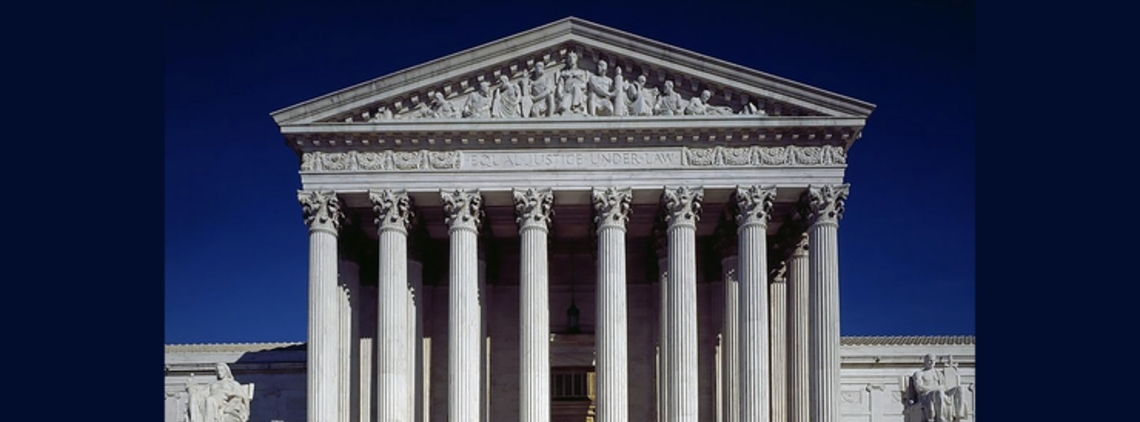On 14 May 2018, the Supreme Court of the United States opened the proverbial flood gates when it held that a federal law prohibiting individual states from legalizing sports betting was unconstitutional. With this ruling, individual states have now been left to their own devices to determine if they will permit sports betting, and if so, what regulations will be put in place to balance the interests of both the government and public. One prominent issue many individuals are worried about is the potential for corruption this decision will have within professional and collegiate sports.
History of Sports Betting in the United States
Gambling has been considered an unseemly vice in the eyes of many Americans for centuries, especially when it comes to betting on professional sports due to the fear that match-fixing would transpire. One of the first extensively publicized incidents of match-fixing occurred in 1920 when eight players on the heavily-favored Chicago White Sox, a professional baseball team, were accused of intentionally throwing the World Series, the pinnacle championship event for professional baseball, against the Cincinnati Reds in 1919 in exchange for a bribe of about USD 10,000 (approx. EUR 8,800) each, primarily because they were not compensated well.[1] This was a devastating blow to the sport considered “the national pastime”[2] and a sport everyone thought was pure and innocent of any mischief.
Football Legal is an independent media publishing football law contents on a daily basis
dedicated to all football law practitioners (lawyers, clubs, federations,
intermediaries, football stakeholders, etc.).
Register today and stay tuned to the latest legal news.
Why not join us?


